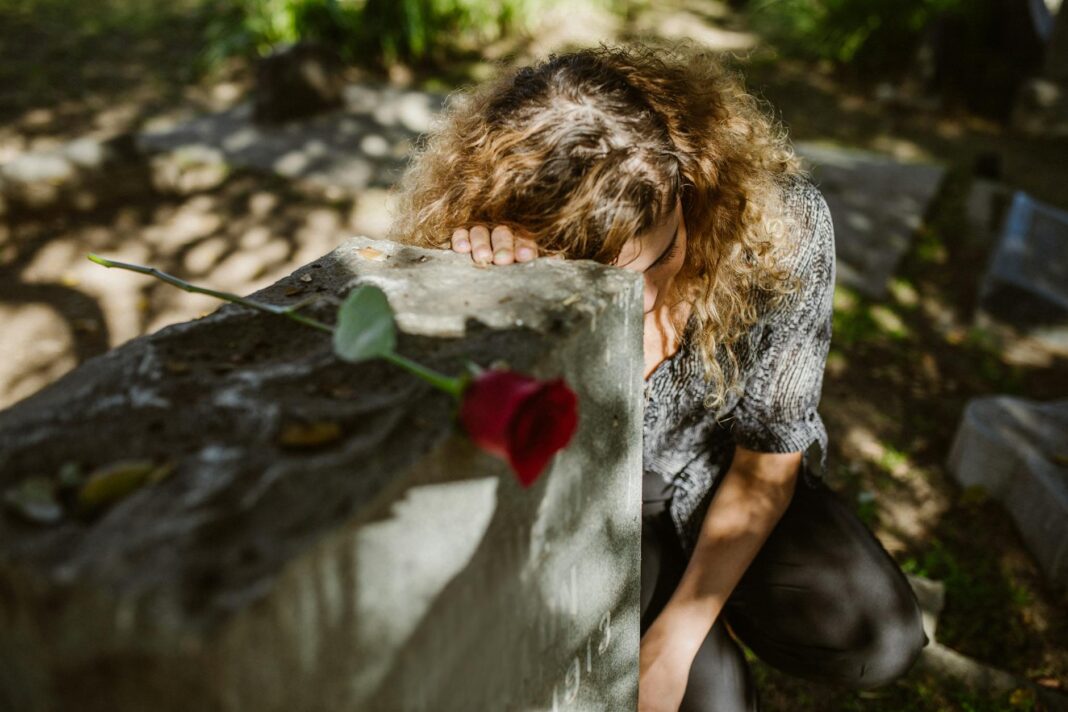Understanding the Impact of Charlie Kirk’s Death
The recent death of conservative commentator Charlie Kirk has sent shockwaves through college campuses, particularly in Pittsburgh. His untimely passing has ignited a fiery debate about the safety of conservative students and the overall climate on liberal-leaning campuses. For students like Anthony Cacciato, a senior at Carnegie Mellon University, the events leading up to Kirk’s death have raised significant concerns about their ability to engage in open discourse without fear of violence or intimidation.
Conservative Students Facing New Realities
In a climate where free speech is often contested, conservative students find themselves navigating a minefield. The atmosphere at universities like Carnegie Mellon and the University of Pittsburgh can be tense, especially during events featuring controversial figures. Students express a growing unease about attending such events, fearing backlash not just from peers but also from campus organizations and faculty members who may not support their views. Cacciato reflects on the challenges faced by conservative students, saying, “It feels like you’re walking on eggshells every time you want to express your opinion.”
This sense of vulnerability is compounded by social media, where dissenting views can lead to public shaming or outright harassment. Conservative students often feel isolated, as if the prevailing campus culture doesn’t just disagree with them but actively seeks to suppress their voices. This raises a stark question: how can students feel safe expressing their beliefs if they risk facing hostility from their own peers?
The Role of Universities in Ensuring Safety
Universities have a responsibility to create an environment that fosters open dialogue while ensuring the safety of their students. Following Kirk’s death, questions arise regarding how institutions are equipped to handle potential threats against students with differing political ideologies. Campus security measures, event protocols, and communication strategies are all under scrutiny. Are universities doing enough to protect students who might feel vulnerable? The answer appears to be a resounding no from many conservative students. They demand clearer policies and stronger responses to threats of violence and harassment.
Some universities are implementing measures to improve safety during high-profile events, such as increased security presence and better crowd control. However, critics argue that these measures do not go far enough. They call for an active promotion of free speech principles and an educational approach that encourages dialogue rather than division. The reality is that without concrete actions, students will continue to feel marginalized and unsafe.
A Call for Dialogue and Understanding
While the debate over free speech and safety continues, it’s crucial for students across the political spectrum to engage in constructive dialogue. Instead of resorting to hostility, there should be a push for understanding and respect for differing opinions. If campuses can foster environments where students feel safe to express their views, regardless of their political affiliation, the legacy of Charlie Kirk could serve as a catalyst for positive change. Cacciato and others are calling for this shift, hoping to create a culture where fear doesn’t stifle conversation.
Educational initiatives that promote civil discourse could be a game-changer. Workshops, discussion panels, and debate forums that include diverse perspectives can help bridge the gap between opposing viewpoints. By creating spaces where students can interact and discuss their beliefs openly, colleges can begin to dismantle the walls of division that have formed over time. This is not just about political ideology; it’s about fostering a community where every student feels valued and heard.
Questions
What steps can universities take to improve safety for all students?
How can students from different political backgrounds engage in productive discussions?
What role should campus security play in protecting free speech?




